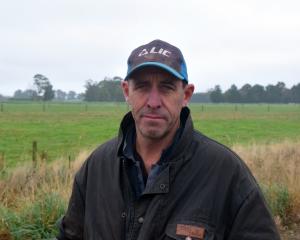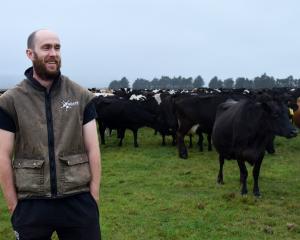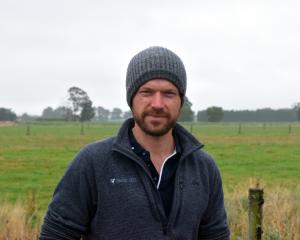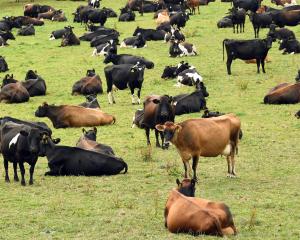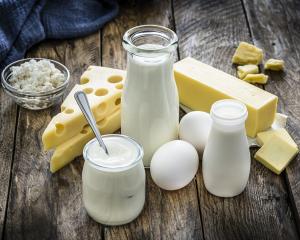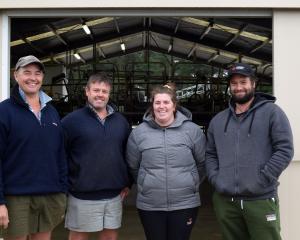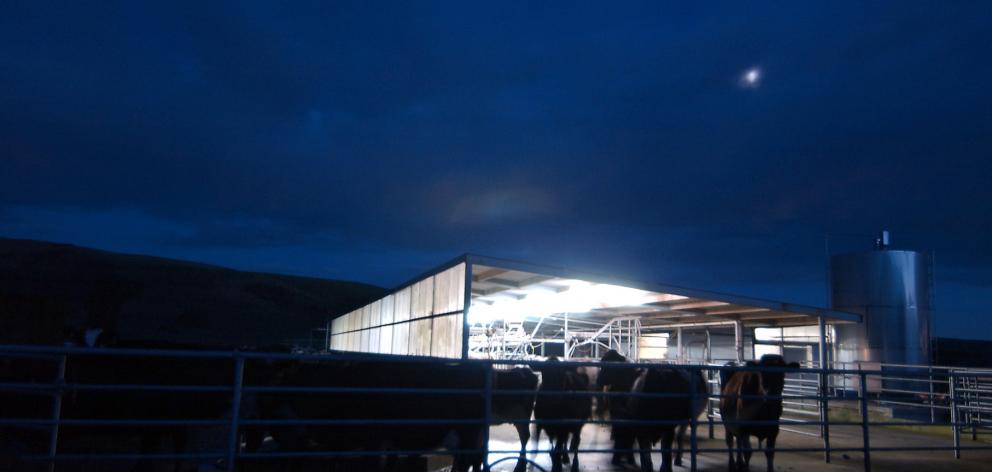
This week, the Ministry for Primary Industries announced national screening would be conducted monthly, beginning on July 1.
In a statement, MPI said the spring surveillance programme proved extremely valuable as it provided assurance that infection was not widespread outside farms that were already identified as M. bovis sites.
It also identified a small, additional number of infected farms not found through animal movement tracing, as well as highlighting the ability of the ELISA test to produce a very low rate of false positive results.
Going forward, only the ELISA testing method would be used as it had proven a much better screening tool than the PCR test.
Farmers would be notified of all ELISA-positive rest results within two weeks of testing and they would be placed under a Notice of Direction while sampling and testing of the herd was done to determine the farm's disease status. Negative test results would be regularly reported to farmers.
Bulk tank milk ELISA-negative test results did not prove absence of infection, nor did a positive test result prove that a herd was infected. It was an indication only and further testing needed to be carried out, the statement said.
Programme director Geoff Gwyn said there was not a single "yes or no" bulk tank milk test for the disease so it was important to continue regular screening for at least the next 12 months.
MPI's latest Situation and Outlook for Primary Industries said another 12 months of intensive surveillance, movement controls and depopulation was expected before most of the Mycoplasma bovis effort was completed.
In May last year, Prime Minister Jacinda Ardern announced $886million would be spent on phased eradication of the disease which was first confirmed on a South Canterbury dairy farm in July 2017.
The report, which was released last week, said that to date, 101,097 animals had been culled from the national herd since the outbreak.
While the impacts of Mycoplasma bovis infection at an individual farm level were enormous, the effect on total dairy production over the coming year was expected to be minimal.
As at June 5, 173 properties had been confirmed with M. bovis, 65 of which were dairy farms. Of those farms, 129 had subsequently been depopulated, cleaned and disinfected and had now had their restrictions lifted.
In addition, a further 205 farming properties had restrictions in place on the movement of animals and risk goods off farm, due to the likelihood they had received a transfer of cattle from an infected farm.
A further 559 properties were under active surveillance where there might be a risk for M. bovis and testing had begun, it said.


